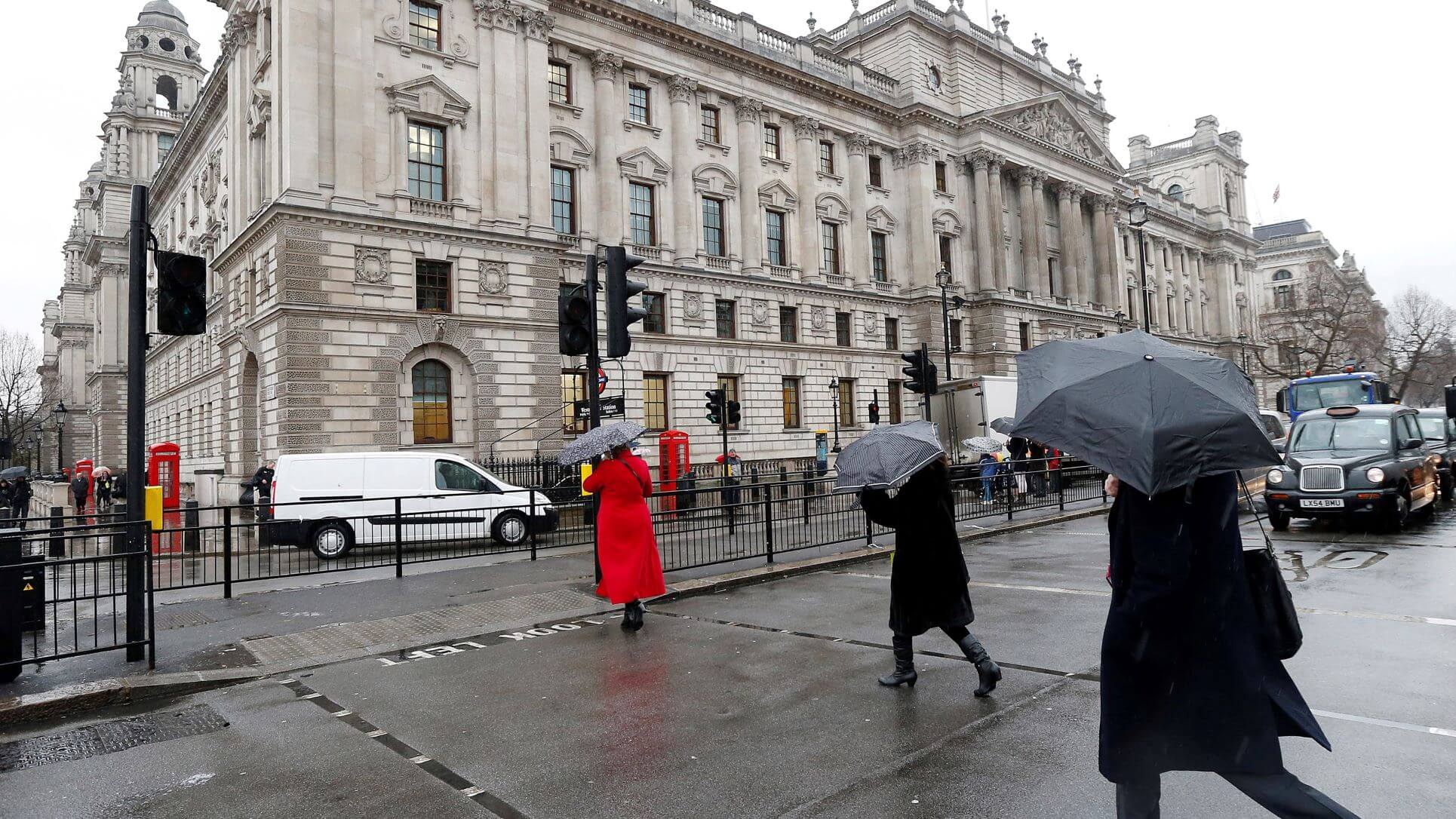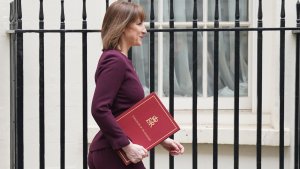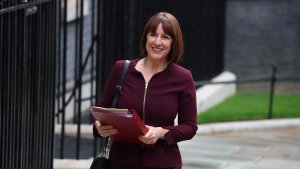Jeremy Hunt is under pressure to cut taxes before an election expected in 2024 while public sector worker unions are pushing for higher pay increases.
UK Borrowing Remains "Eye-Watering" Despite Beating Forecast
Jeremy Hunt is under pressure to cut taxes before an election expected in 2024 while public sector worker unions are pushing for higher pay increases.

Government support for household and business energy bills swelled Britain's budget deficit for the 2022/23 financial year to its fourth-highest on record, but it was still smaller than official forecasters predicted, data showed on Tuesday.
The Office for National Statistics (ONS) reported borrowing of 139.2 billion pounds for the fiscal year that ended in March, or 5.5% of gross domestic product - up from 121.1 billion pounds in 2021/22, or 5.2% of GDP.
Last month, the Office for Budget Responsibility (OBR) - whose forecasts are used by the government - said borrowing for the last financial year would be 152.4 billion pounds, or 6.1% of economic output, before dropping to 5.1% in 2023/24.
Overall the figures chimed with other readings of Britain's economy that point to a slightly better-than-expected performance in recent months, even if the overall picture remains one of largely stagnant activity and high inflation.
In response to the data, finance minister Jeremy Hunt said Britain had borrowed "eye-watering" sums to support the economy through the COVID-19 pandemic and the energy price shock stemming from Russia's invasion of Ukraine.
Hunt is under pressure from lawmakers in his Conservative Party to cut taxes before an election expected in 2024 while public sector worker unions are pushing for higher pay increases to offset the impact of inflation's surge above 10%.
A new assessment of the value of student loans was a big factor behind a cut in estimated borrowing of 14.6 billion pounds over the 11 months to February, the ONS said.
An ONS official said the government's total energy bill subsidies cost about 8 billion pounds in March, taking the six-month total cost to 41.2 billion pounds.
In March alone, the government borrowed 21.5 billion pounds ($26.9 billion) in March, slightly more than the 20 billion pound consensus in a Reuters poll of economists.
Samuel Tombs, an economist at consultancy Pantheon Macroeconomics, said the better-than-expected fiscal performance would likely carry over into the current financial year as the economy now looks likely to grow rather than contract in 2023.
"We doubt, however, that public borrowing will fall to the low levels in the medium term predicted by the OBR last month. The OBR is excessively upbeat about the economy’s medium-term economic outlook," Tombs said.
The ONS said the full-year estimate for 2022/23 borrowing did not represent final data and would be revised.
(Editing by William Schomberg)
Thanks for signing up to Minutehack alerts.
Brilliant editorials heading your way soon.
Okay, Thanks!

